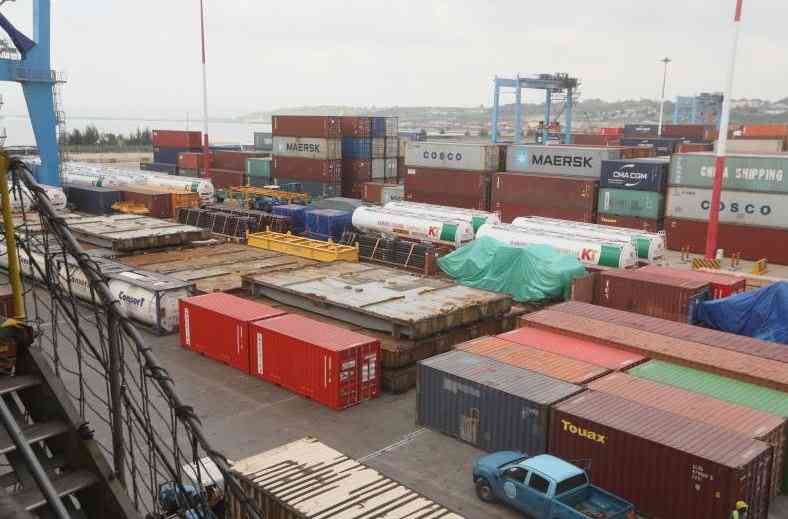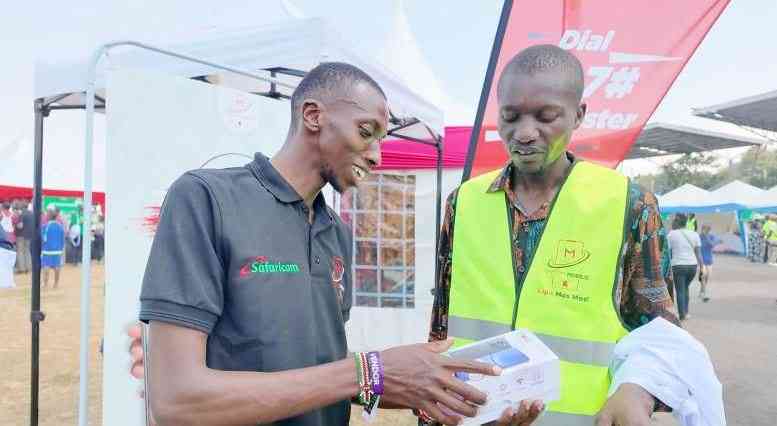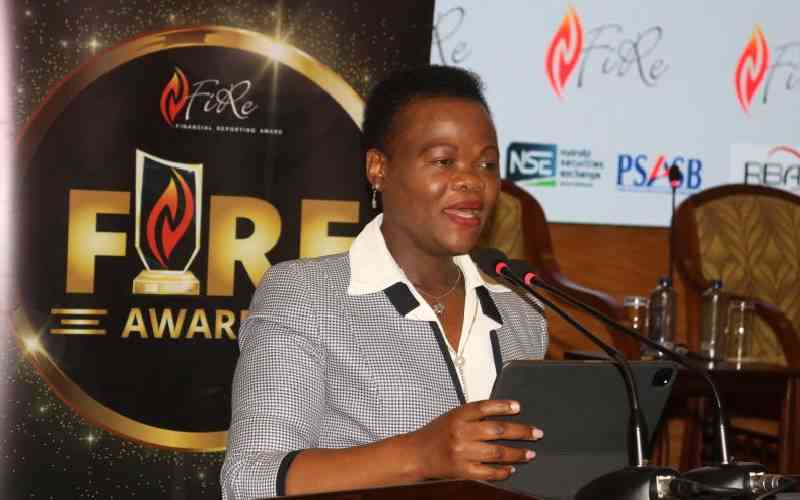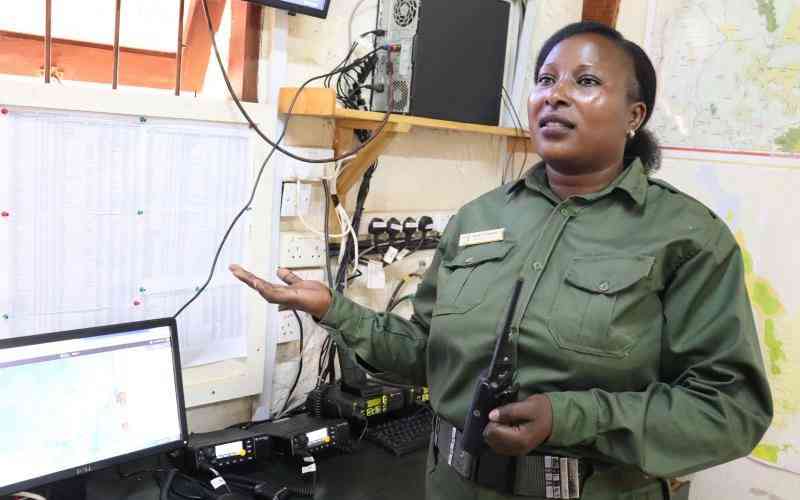
Purity Wamuyu, a female ranger, inside the rhino observation centre at Lewa Conservancy. [George Kaimenyi, Standard]
When Purity Wamuyu joined Lewa Wildlife Conservancy in 2012 as a radio operator, her dream of becoming a conservationist was slowly unfolding into reality.
“It’s always a passion since I live near the conservancy, most of the time while in the farm sitted I used to see the elephants walking along and most of the time we had issues with human wildlife conflict where animals were being killed, so I vowed that if I get a chance to be a ranger I would be a voice to these animals,” Wamuyu narrates the origin of her call to become a ranger.
When she joined Lewa, she was the first female ranger in the conservancy. This made her fear how she would blend into the male-dominated space.
“At first, I was shy, afraid of what could happen,” she admits.
After a short while, Wamuyu felt more comfortable after two other ladies joined her at the conservancy.
Two years later, she was promoted to a supervisor, thanks to her steadfast dedication and performance.
“When I was given the role of a supervisor, many men believed that women could not talk in front of men. Later, they came to accept that we are both there for work, and we can deliver as well,” she cites a challenge that came with the position.
Wamuyu says the rangers are trained on how to approach the animals and handle them, though it’s sometimes a risk, as some rangers lose their lives in the process.
She narrates an encounter with a wild animal: “I was once chased by a buffalo as I was heading to work. I didn’t see it coming, it hid and waited for me, then started chasing me and I ran, climbed on top of a tree and called for help”.
Despite these risks and challenges faced while encountering the wildlife, rangers continue to stand between communities and the growing impacts of a changing climate.
According to the International Ranger Association, there is an increase in the number of rangers killed in the line of duty this year, with the largest rise in deaths caused by fires.
“It is deeply saddening that today we remember those rangers who have fallen, especially knowing that not all of these losses were inevitable, but tomorrow, we must honour their memory by protecting the living,” says Chris Galliers, President of the International Ranger Federation.
“They reflect in many places, a systemic failure to prioritise the safety, well-being, and fair recognition of rangers who stand on the frontline against environmental degradation and biodiversity collapse.”
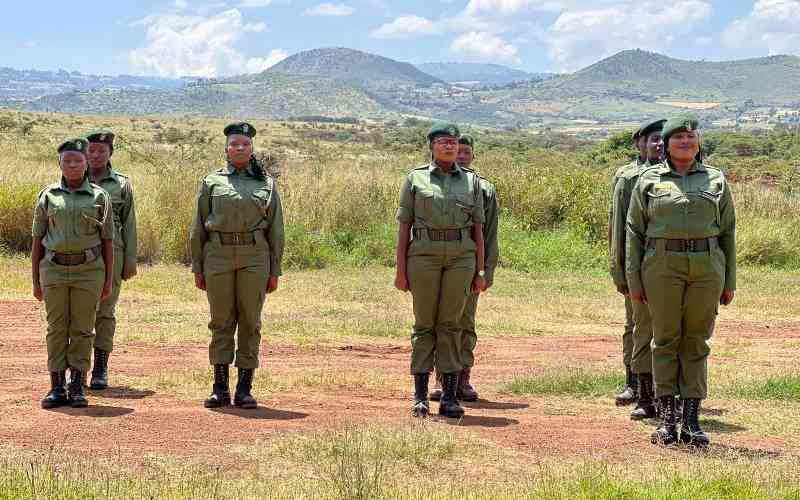
Wamuyu also cites some challenges experienced, noting that at times, rangers lack work equipment and medical insurance.
Despite the challenges, Wamuyu has formed a strong force of female rangers breaking the gender norms at Lewa.
Stay informed. Subscribe to our newsletter
Now, a mother of four, she says raising the children has not been easy, but thanks to family and employers’ support, she has managed and set the pace for fellow women rangers.
“It’s tough, you need to be at work and at the same time your children need you, but I am happy because where I work we are given 8 days off a month,” she says.
She says that when a female ranger delivers, she is given ample time to stay with the baby, as some are allowed to live within the headquarters.
Last year, she was again promoted to become the security administrator, a role that men have held since the conservancy started.
For those who assume that women are assigned lighter duties, Wamuyu recalls her first assignment, saying that she had to train her boots on the ground to look for lost rhinos.
Her work extends beyond the conservancy, helping communities recover stolen livestock and mitigate human-wildlife conflict in areas outside Lewa’s borders.
“Any involvement with the community has to arrive in the control room first before we deploy the team to the areas of complaint, report to the rangers on the progress until the livestock are recovered,” Wamuyu outlines one of her roles.
Wamuyu’s team is also involved in relaying security alerts to relevant authorities, including the Kenya Police and Kenya Wildlife Service, helping to protect both wildlife and communities.
Due to her dedication and hard work, in 2023, she was publicly honoured by Lewa and the Kenya Wildlife Service during World Ranger Day for her unwavering dedication to wildlife protection.
Today, Lewa counts at least 11 women rangers, and Wamuyu actively mentors recruits.

